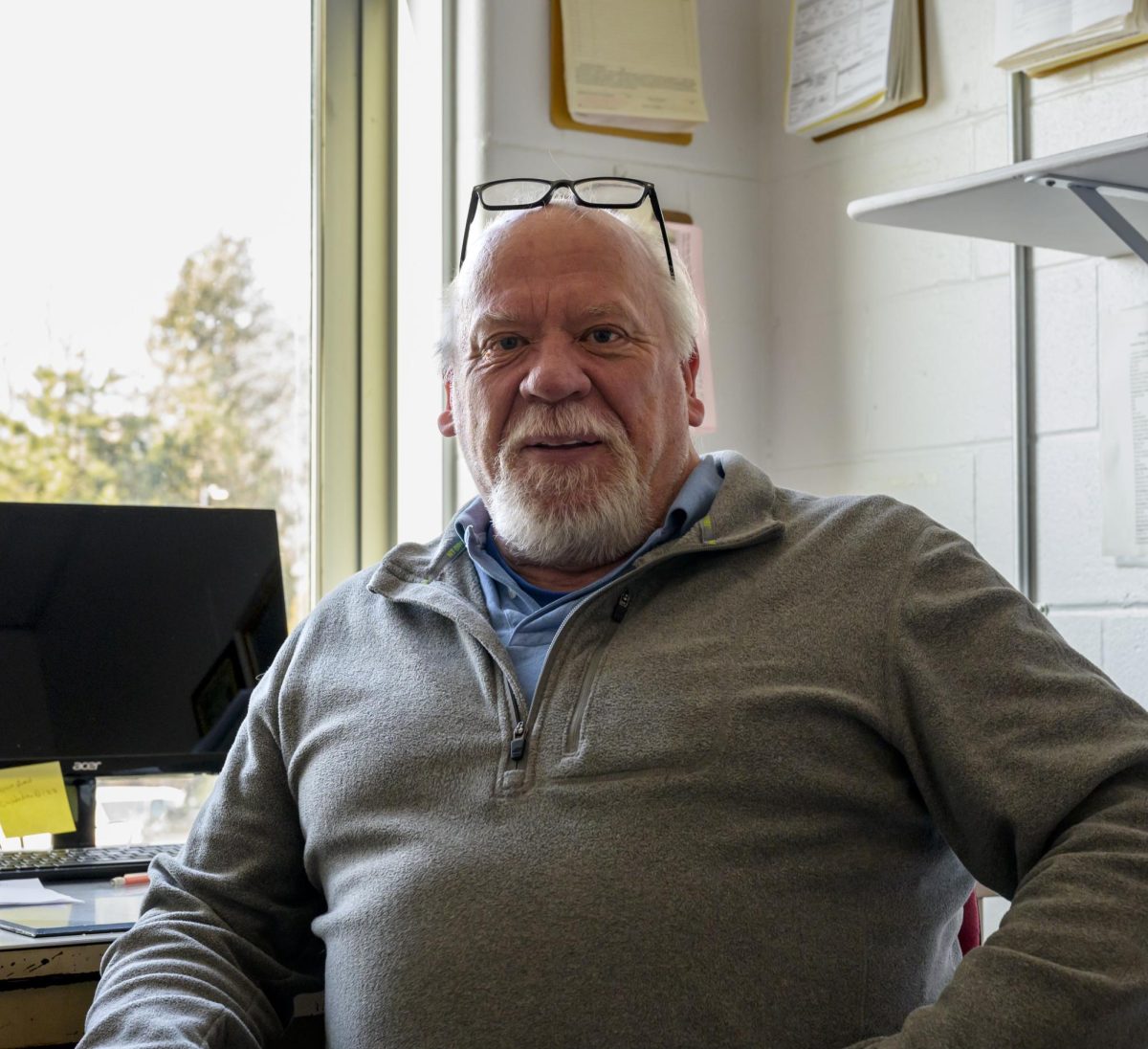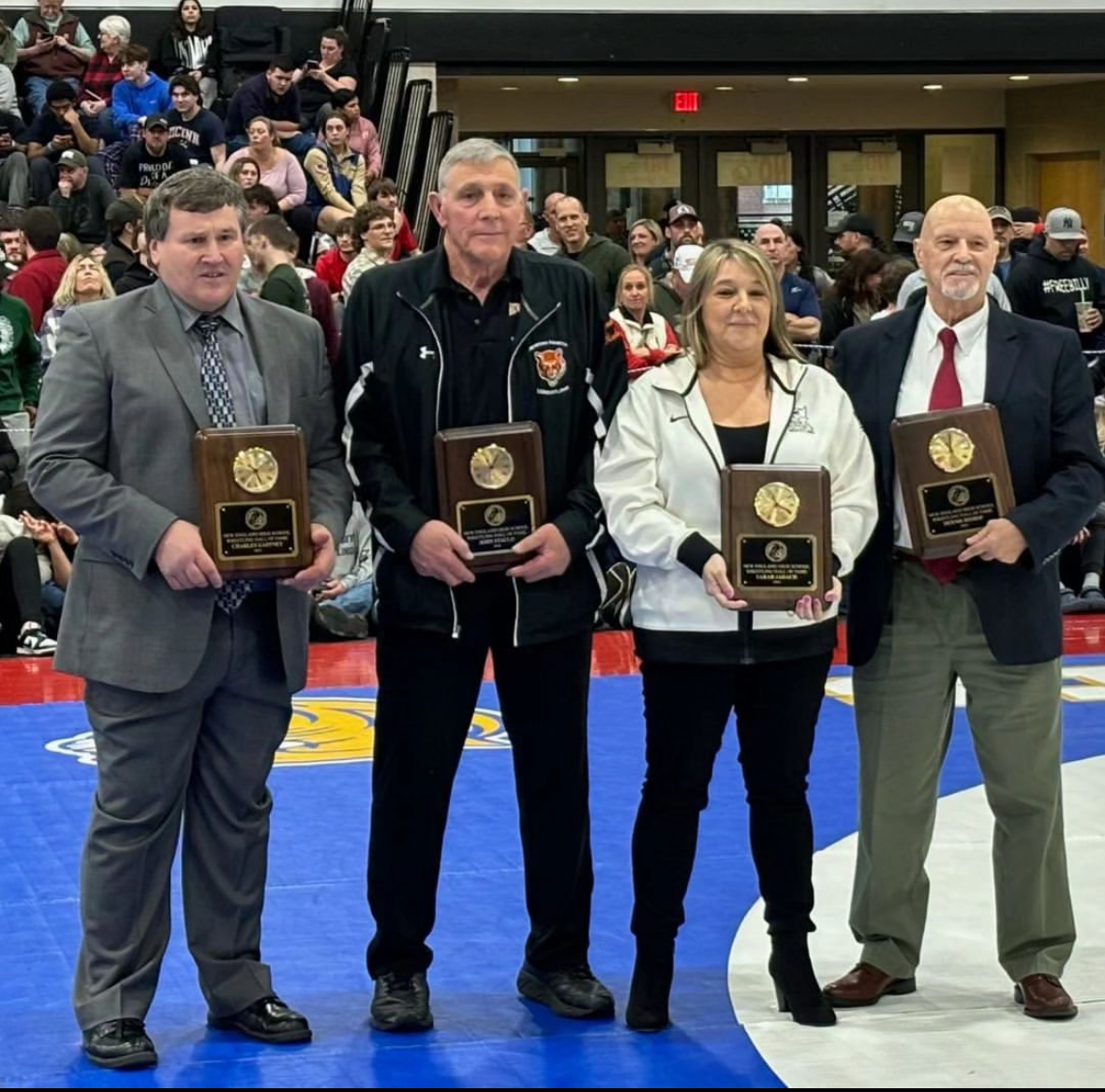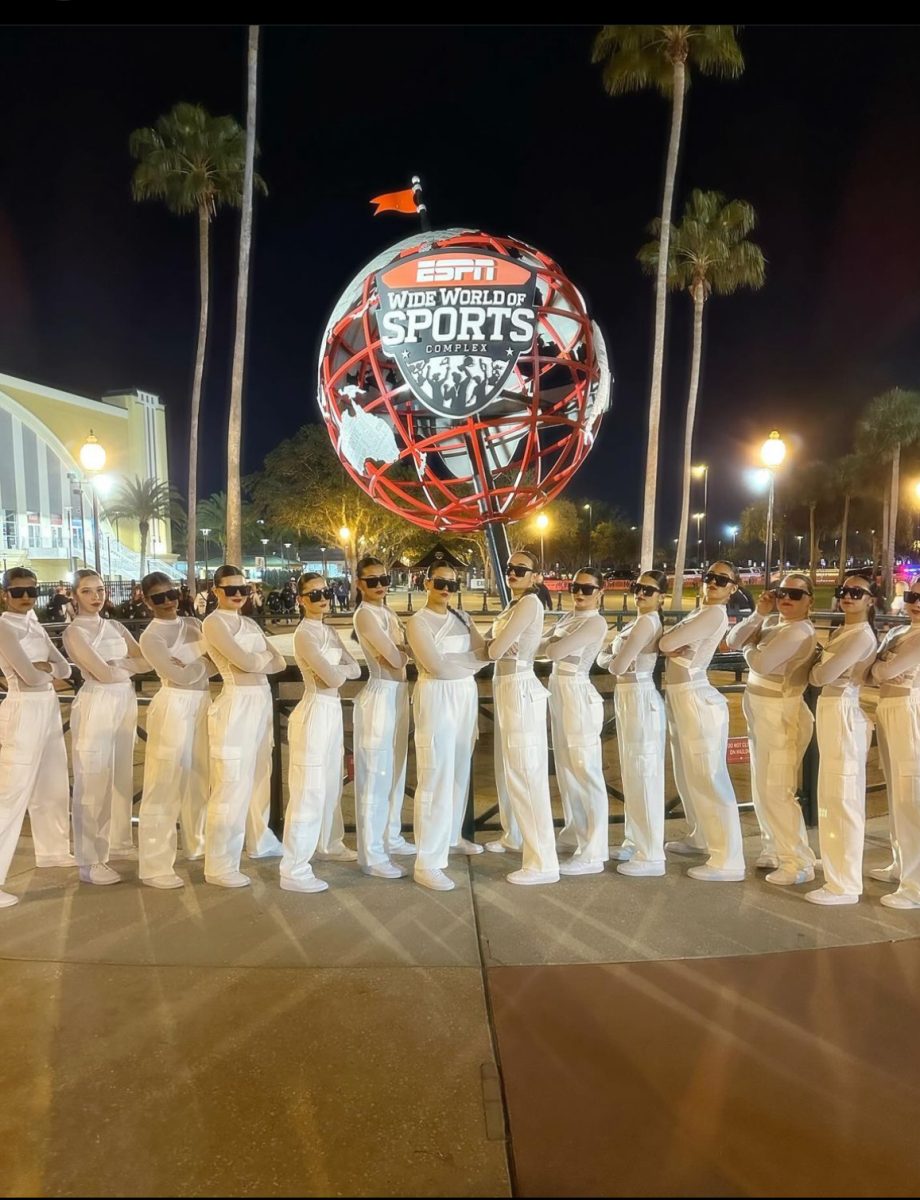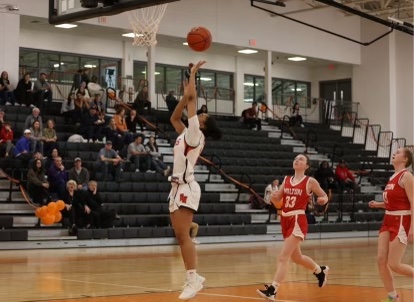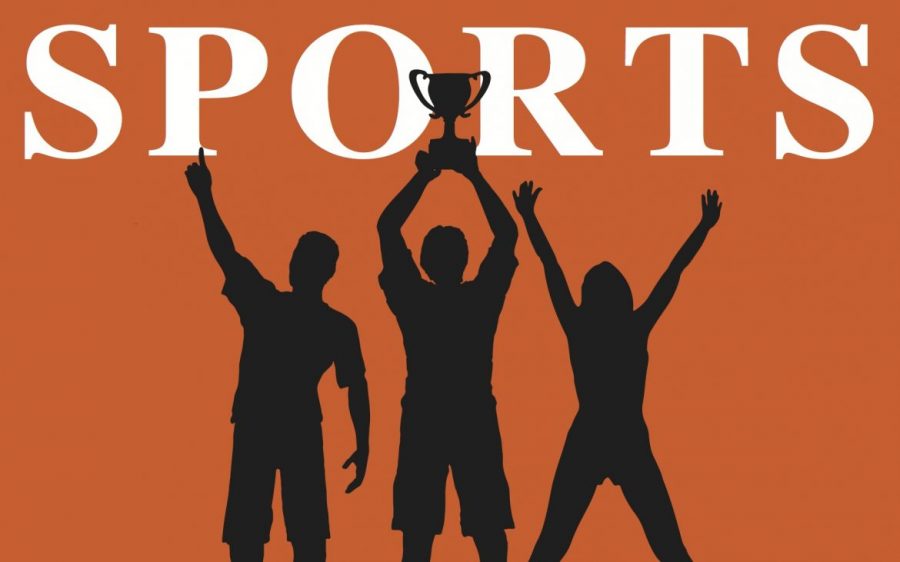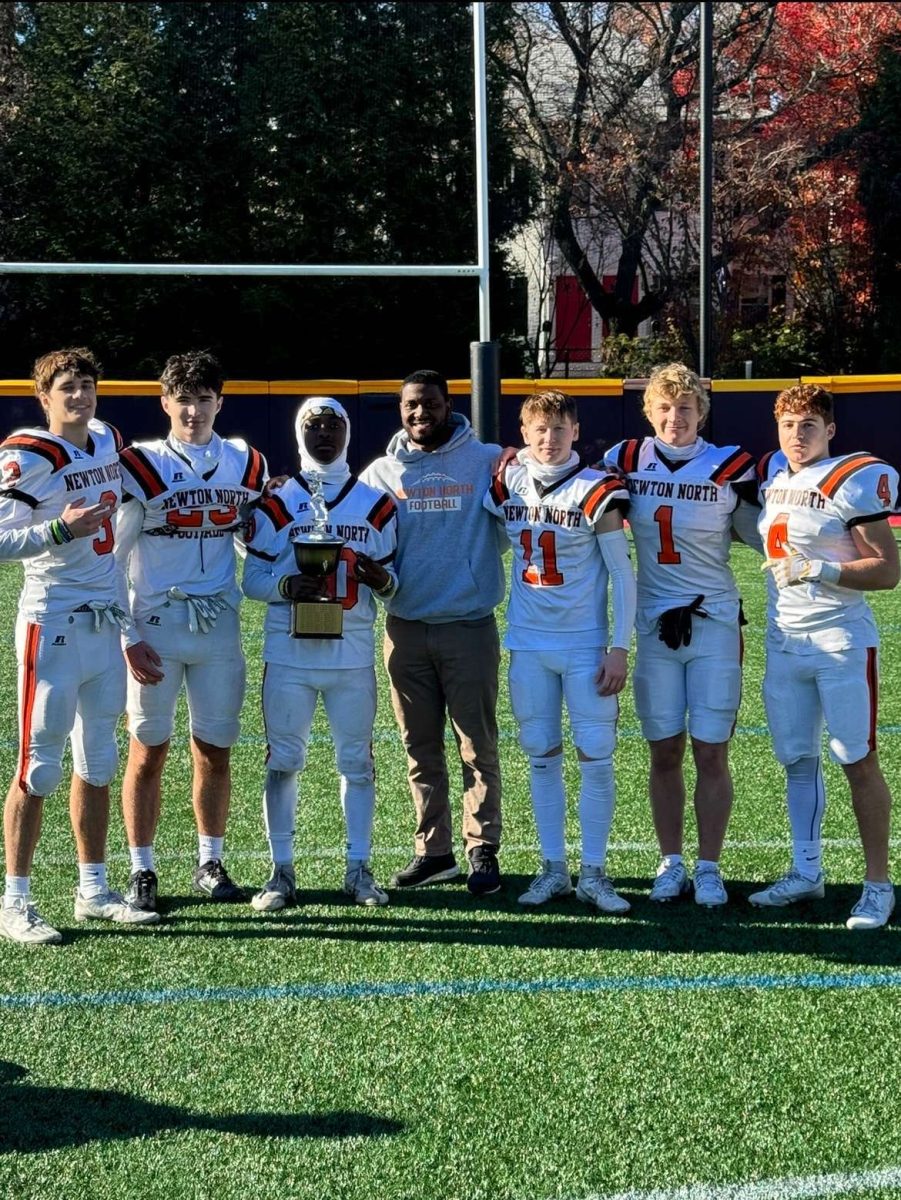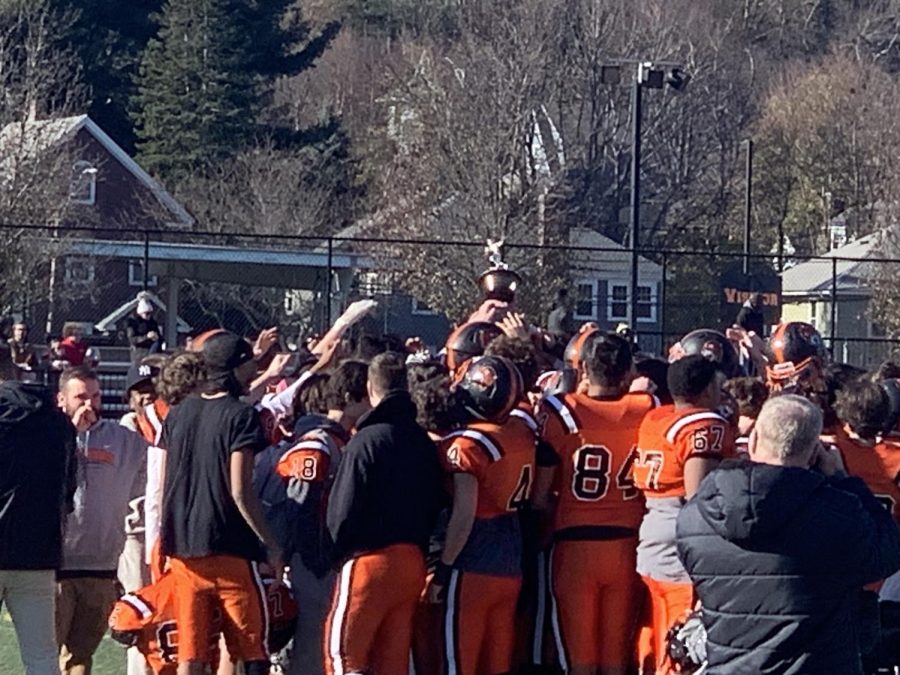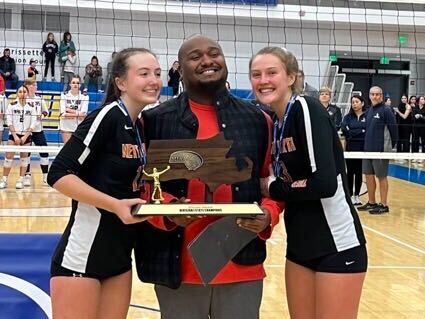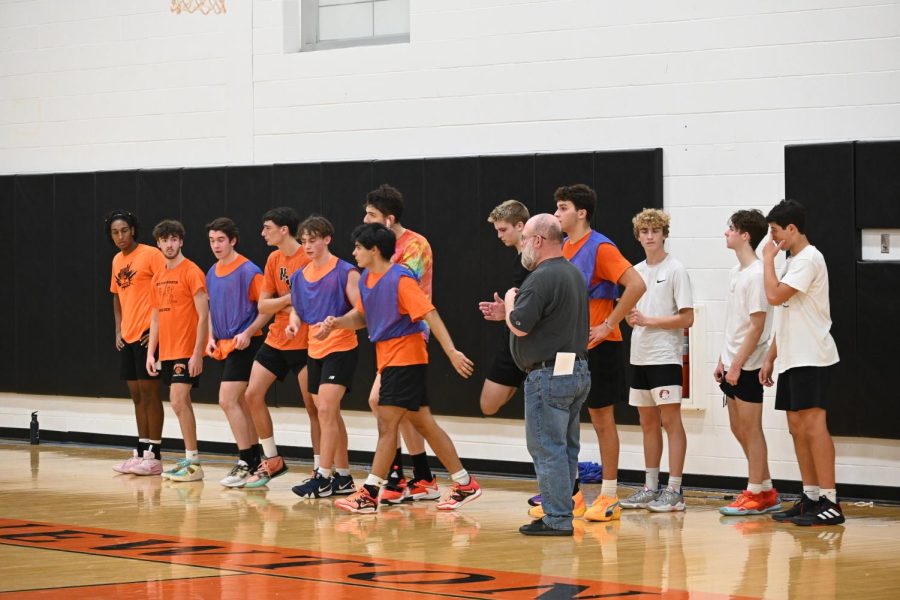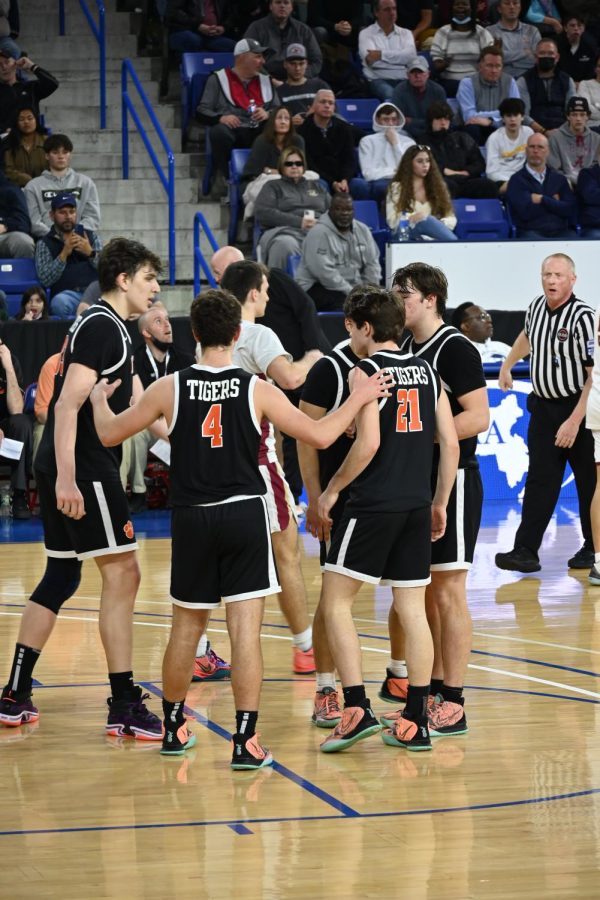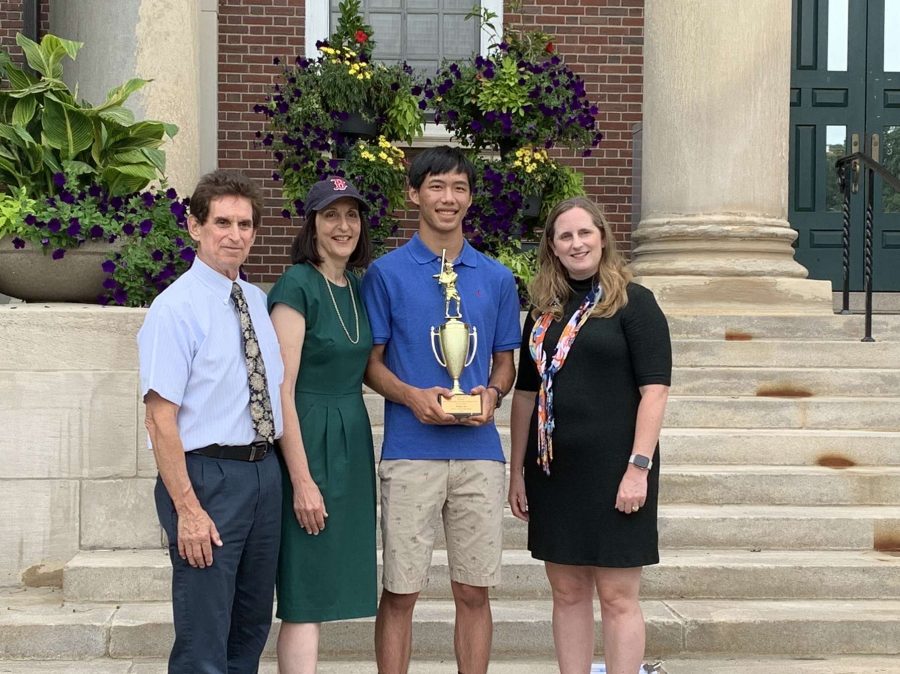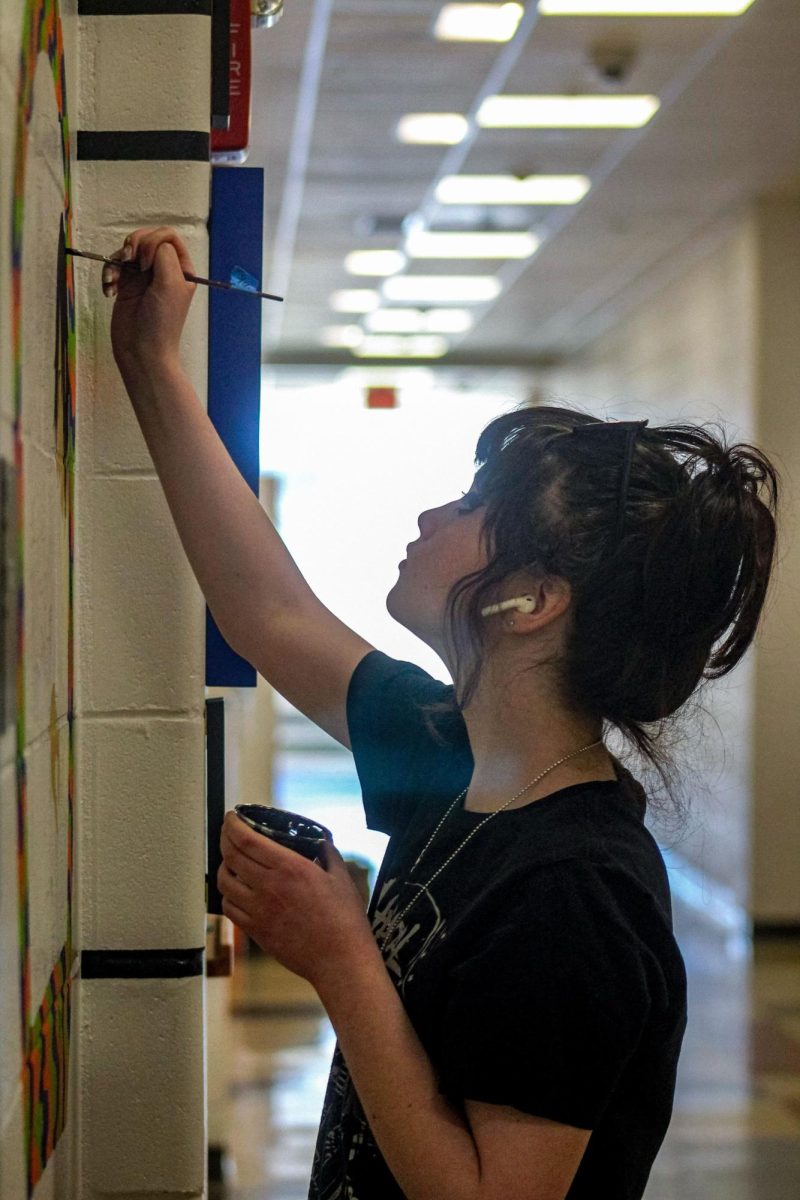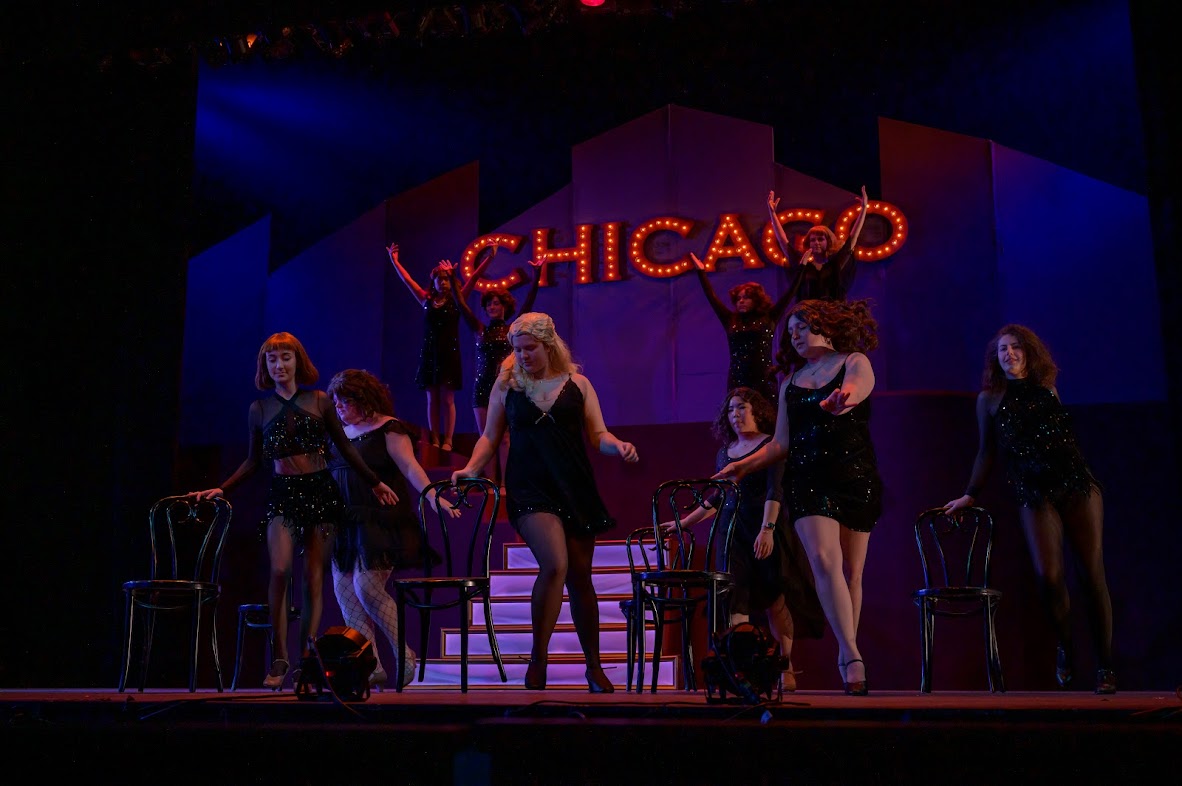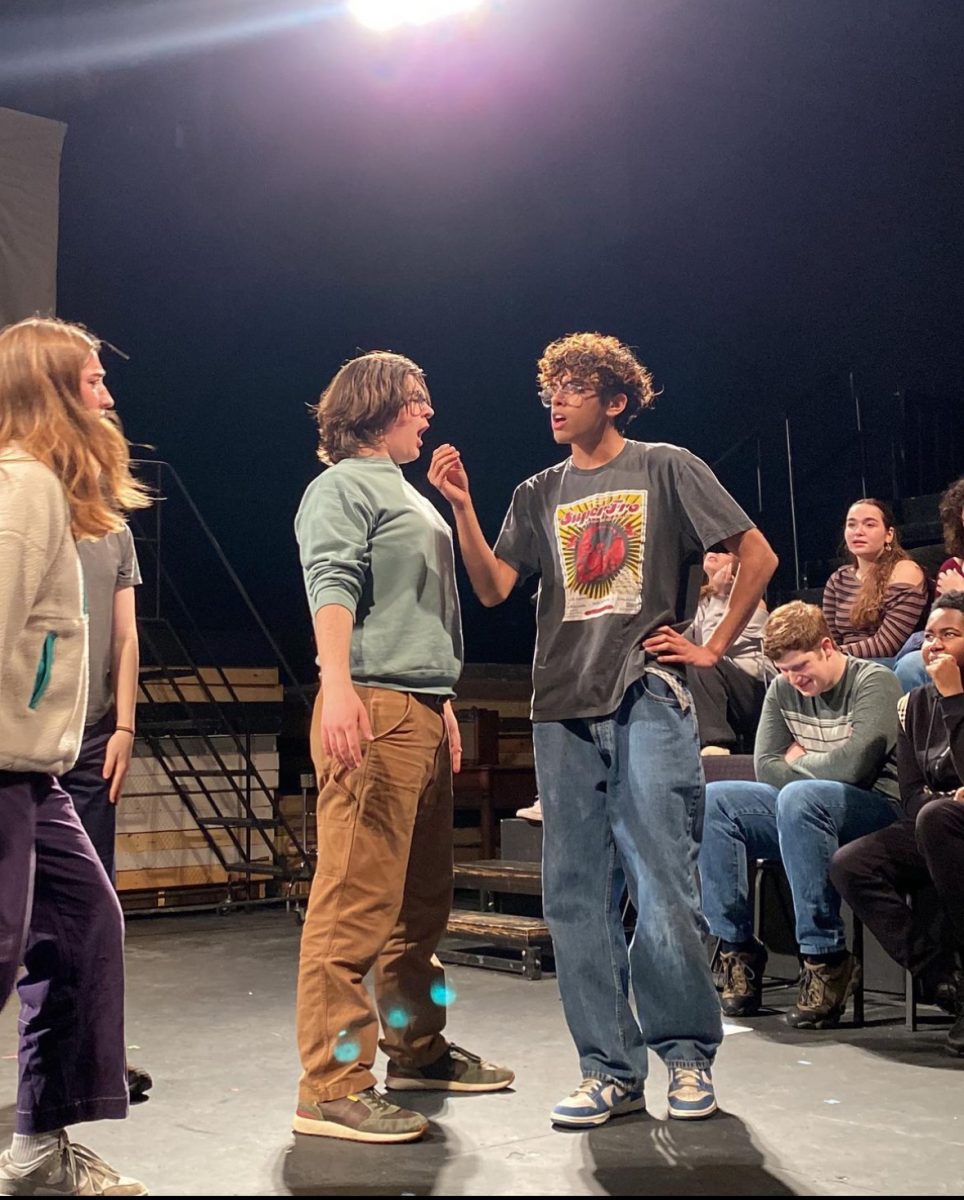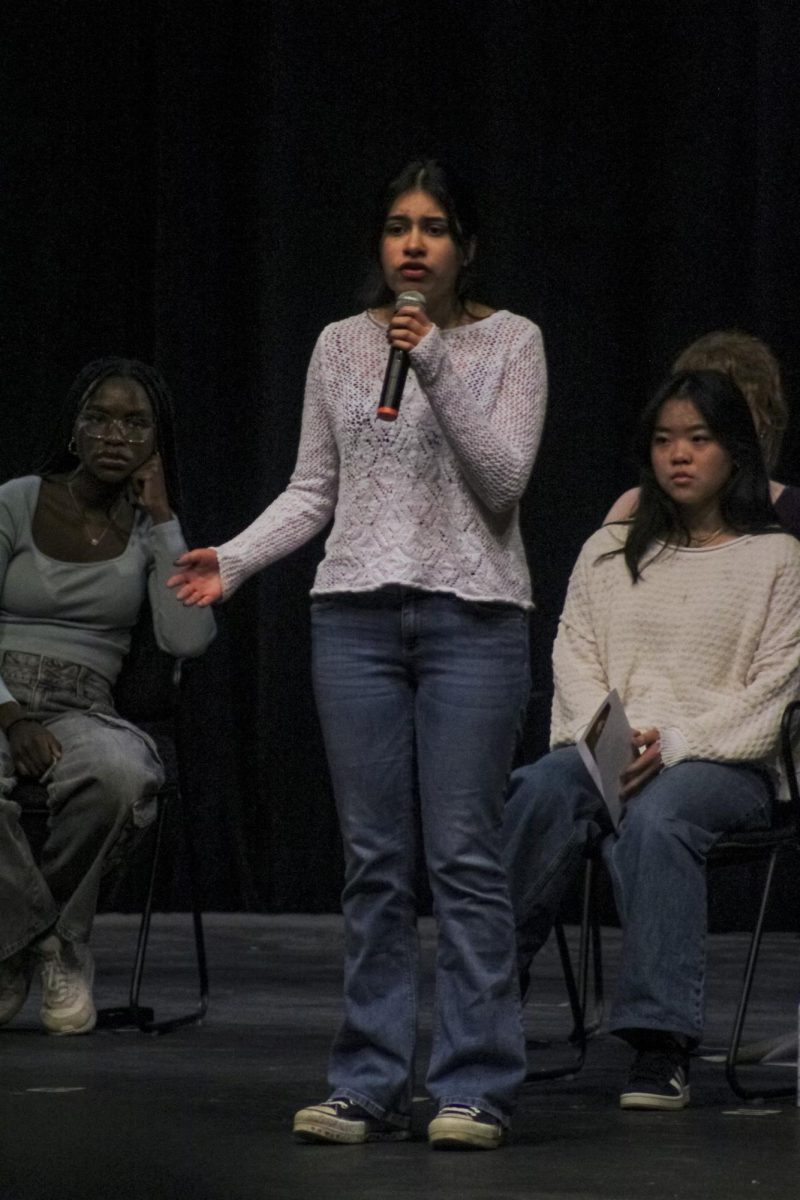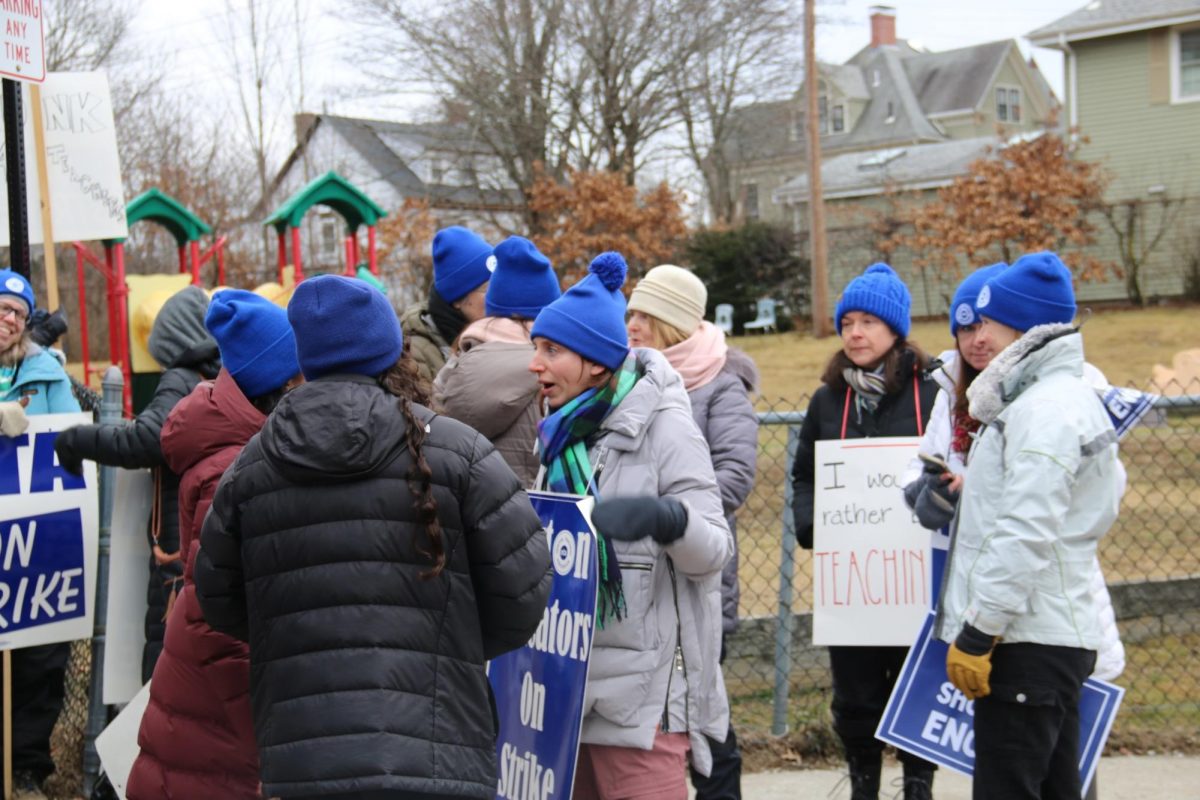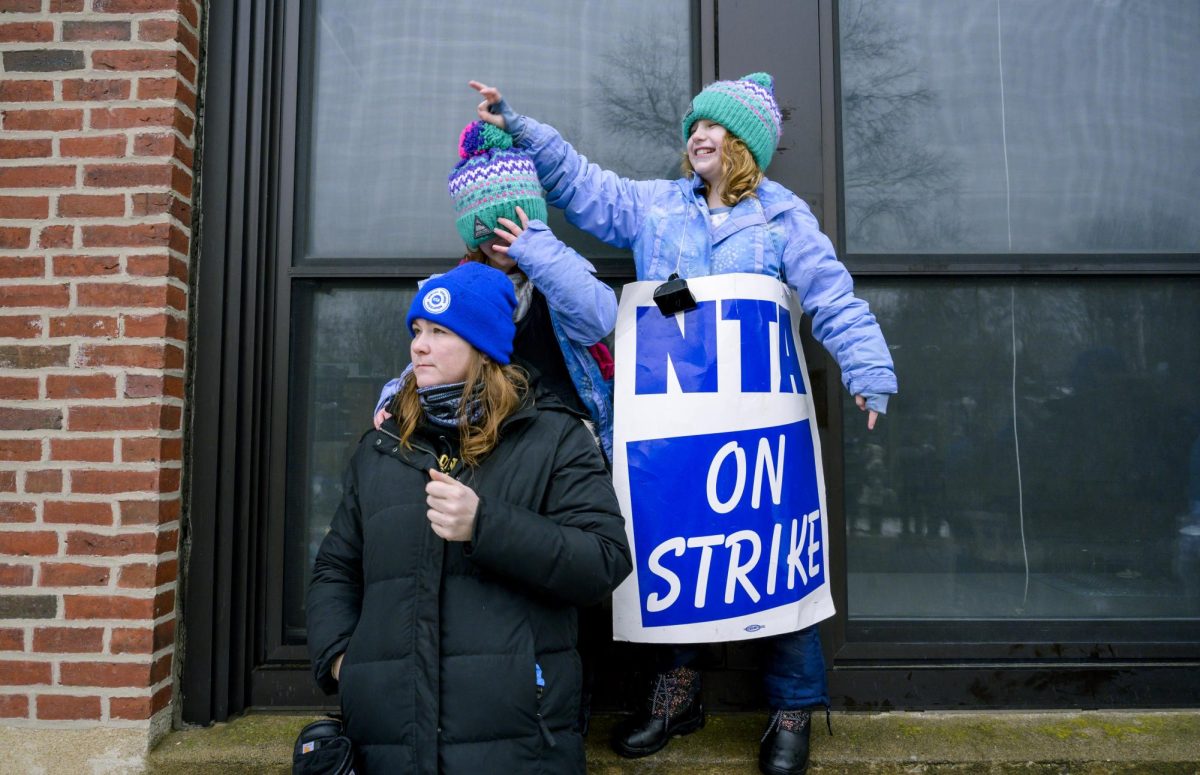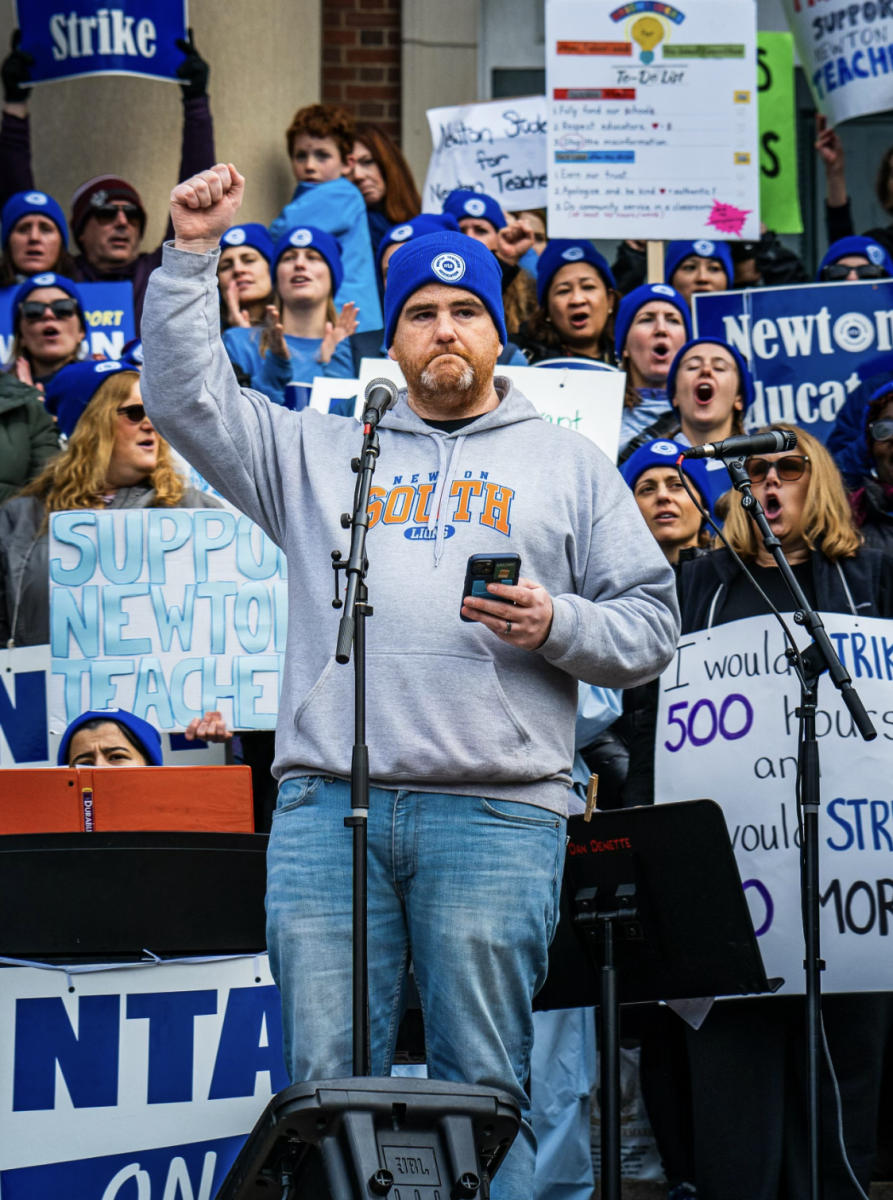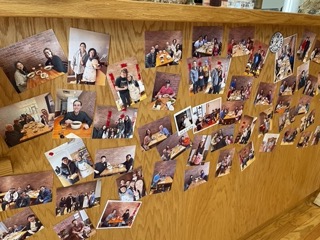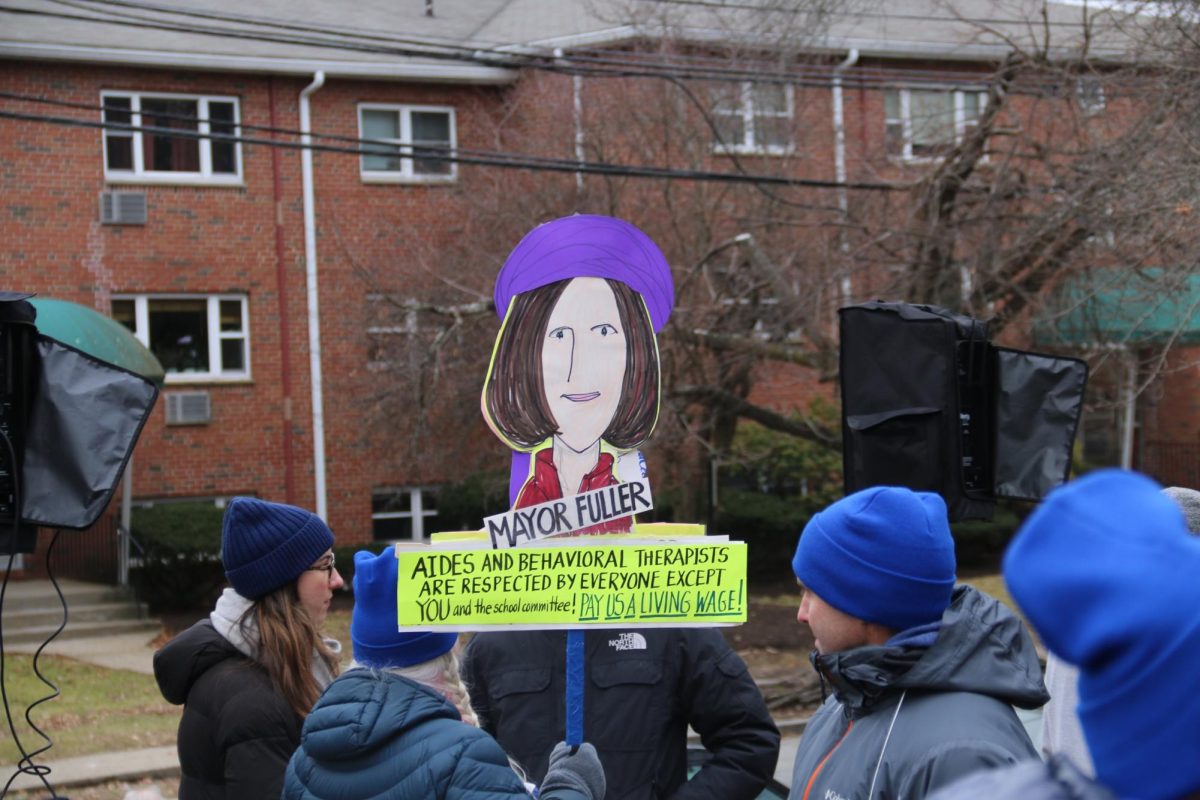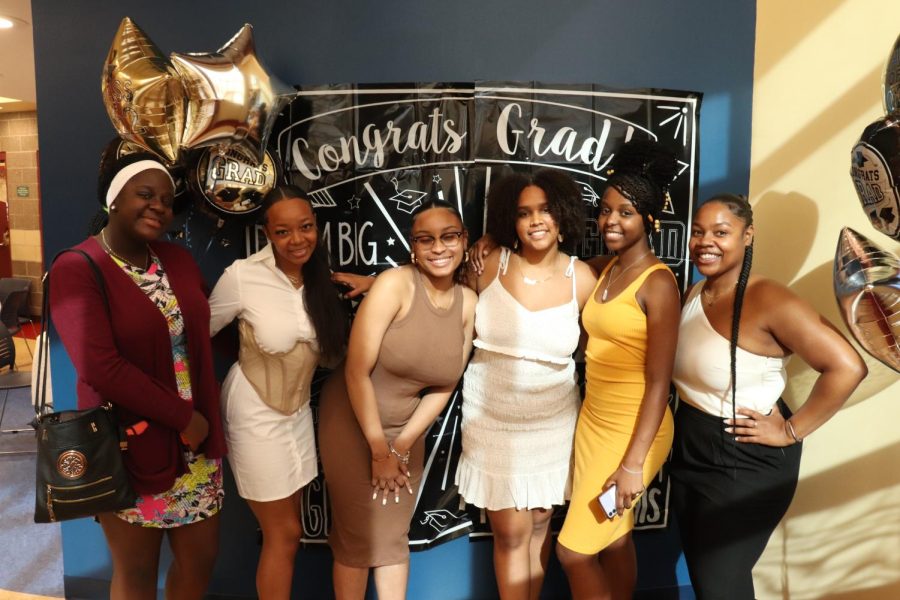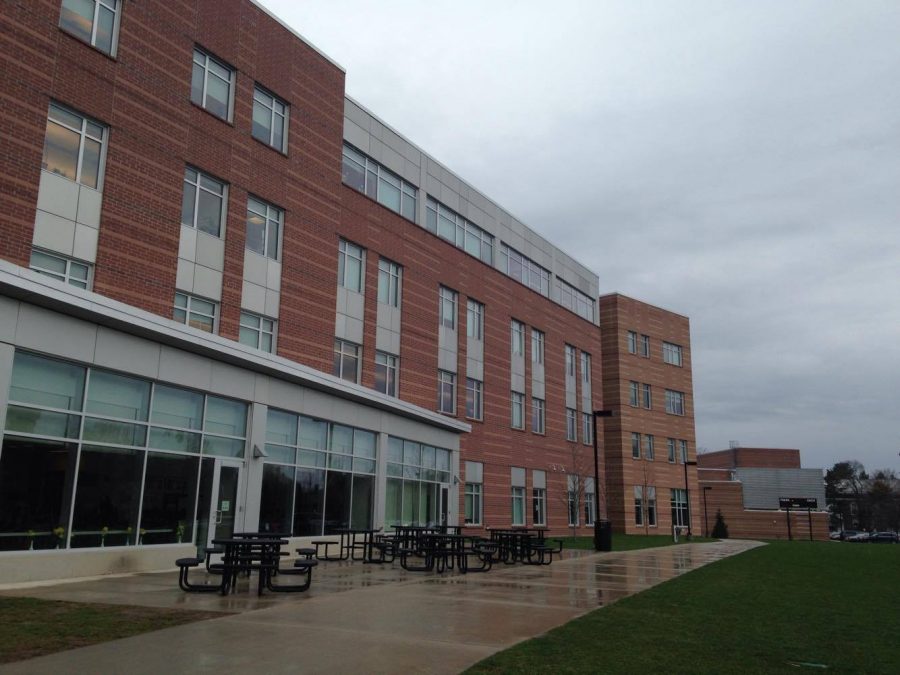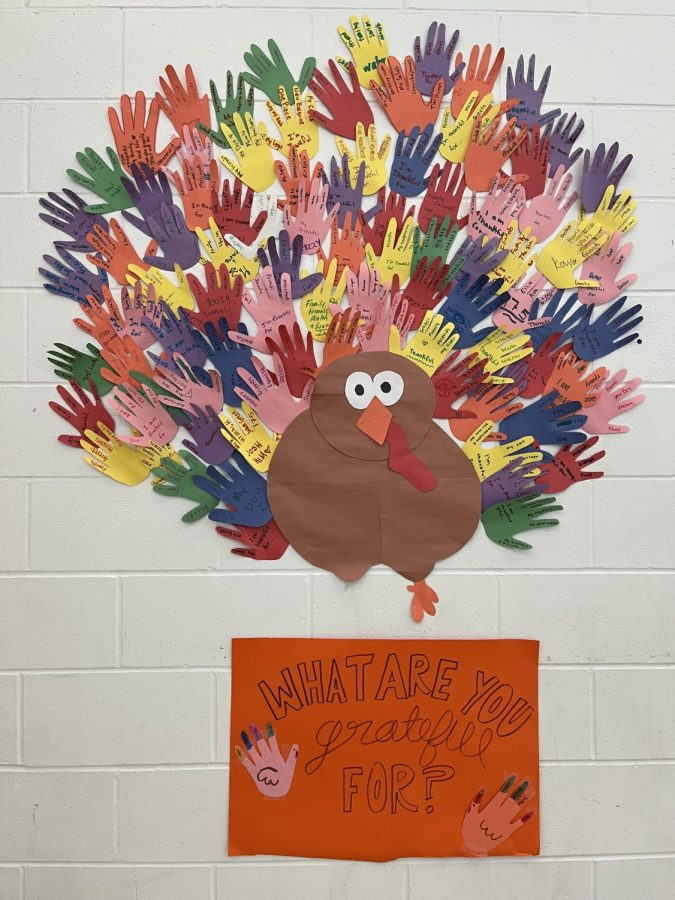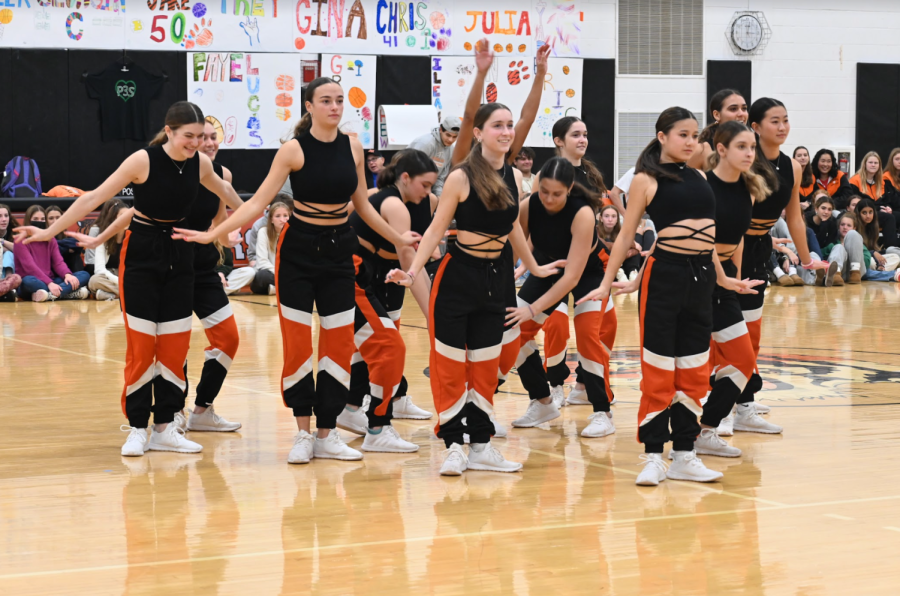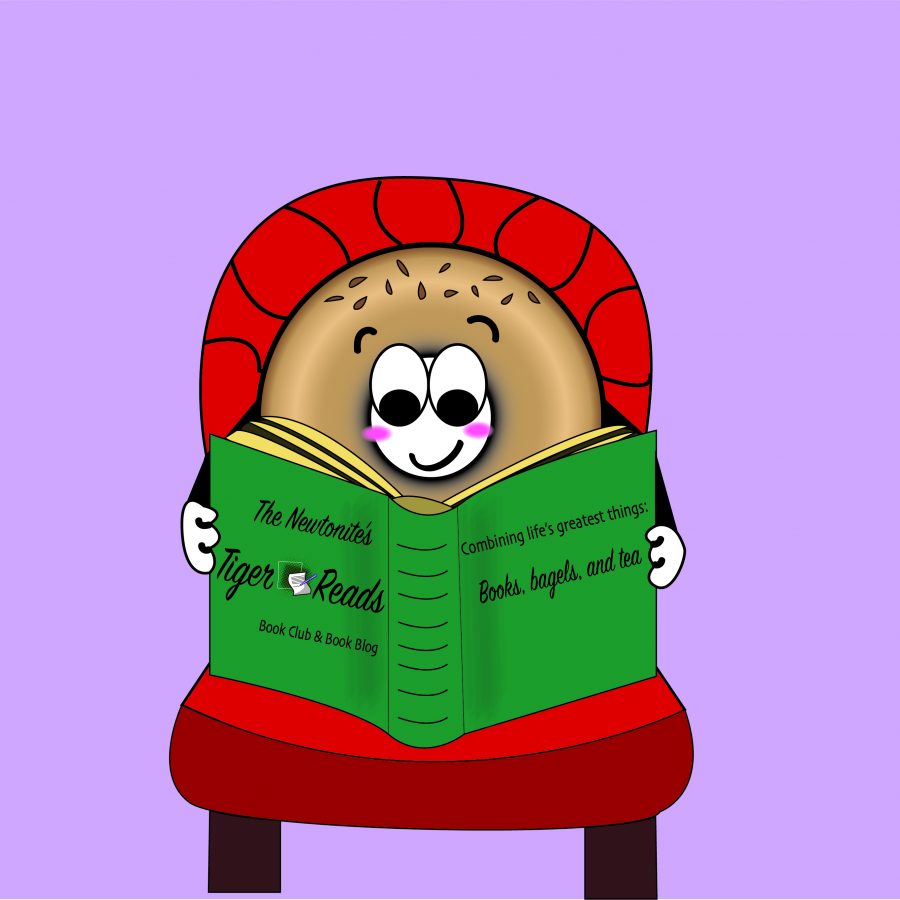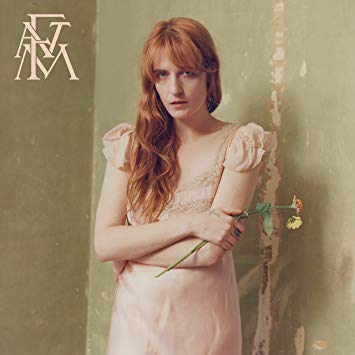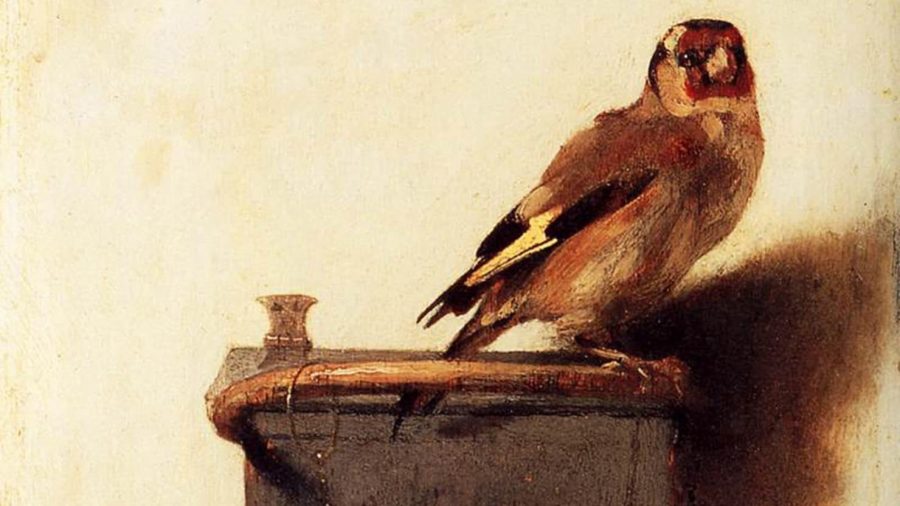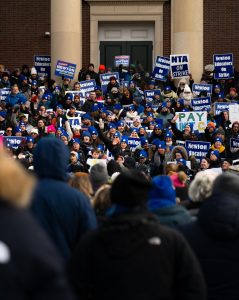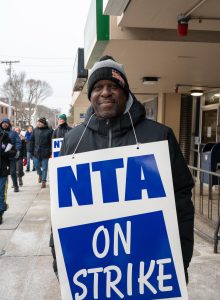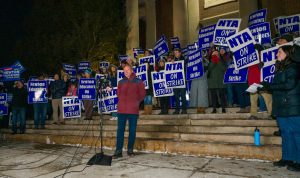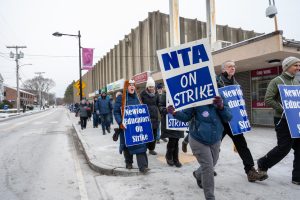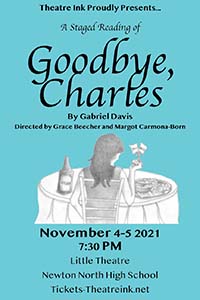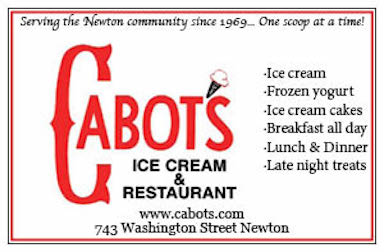
Panel discusses Asian American experiences
by Ryan Condon
A group of students in all grades from this school discussed their experiences growing up as Asian Americans in Newton, as part of Asian Culture Day Wednesday during B-block yesterday in the little theater.
Many of the students defined being Asian as coming from an Asian background, and identifying with Asian culture, traditions, and values.
Senior Jamie Chan said, “I think there’s a way to keep in touch with one’s cultural ties, while still being American.”
Most students said they feel this school is diverse and accepting, but also said that some jokes that may seem harmless can be offensive.
The students also discussed whether or not they feel that they fit into common stereotypes.
Freshman Phillip Gentry said, “I think that I do fit into some stereotypes, but that doesn’t matter. It’s who I am, not what other people think I should be.”
Junior Syndi Lockeby said, “There is a point in your life when you want to fit into those stereotypes, not because of what other people think, but because you want that to be a part of who you are.”
When discussing some challenges they have faced as Asian Americans, many of the students commented on filling out college application forms, and the pressure that they feel when doing so because of being Asian American.
The students also addressed the stereotype that all Asians are the same.
Junior Rafi Razzaque said, “I try to remember that all ‘Asians’ are different, the word ‘Asian’ only means that they are from the same huge continent.”
Cafe owner reminisces Korean American childhood
by David Kwartler
Eunice Feller, owner of Bread and Chocolate Bakery in Newtonville, discussed her childhood as a Korean American yesterday as part of the Asian Culture Day presentation D-block in the little theatre.
Feller explained that her parents are Korean-Americans who immigrated to the United States in the 1970s.
“I probably had a tiger mom and a tiger dad,” she explained, a reference to the popular book on Chinese parenting styles. “At the dinner table, they only discussed how much studying, sleeping and eating I was doing,” she said.
As a child, Feller felt pressured to excel in mathematics and science, fitting into the typical Asian stereotype, she said. As a high school student, she spent more time in the art department.
In her Beverly Hills high school, she recalled never wanting to change to fit in with the “tall Cali blondes” in her school. She also mentioned being called a “chink” or a “Jap” and being irritated because even her bullies couldn’t identify her correct heritage.
“I wasn’t bad at math, but I spent more time painting or developing film,” she explained. Despite her parents’ pressure to set a good example for her younger cousins, she pursued an art career.
“My uncle called from Korea, and said if I went to Cornell, he’d pay for it,” she said. However, receiving a scholarship at Parsons resulted in her taking a path she “does not regret at all,” according to Feller.
After six years of art school, she realized that the solitary life of the art studio was not fit out for her. Despite wanting to work with her hands, she wanted a more open environment, she said. The following ten years of a “boring desk job” resulted in a desire to create a more unique daily life.
Seven years ago, down the street from this school, Bread and Chocolate opened in Newtonville. “I wanted to take control of my own destiny,” she said. After cashing in all of her and her husband’s savings, and going to culinary school for a year, Feller opened the small bakery with her husband.
Her parents were shocked, but she assured them that her husband could handle the corporate side.
“Running a business can take a lot of different skill sets, and luckily my husband believes Excel spreadsheets are the cat’s meow,” Feller said.
With her partner in home and business taking care of the accounting, she is free to embrace the bakery and food, she said. Three years ago, they opened up a second store in Newton Highlands. Despite her heritage, the store has no Korean ties.
“I like to eat Korean food, but I don’t enjoy making it,” she said. She also cited the lack of Korean desserts and said, “I’d rather have chocolate chip cookies than mochi!”
Feller also told of how her parents still pressured her into marrying a Korean man while she was living with her fiance. Although he has accepted her marriage, her father writes a column for the Korea Times in Los Angeles about being the patriarch to a mix raced family and having an Italian son-in-law.
Wishing to build a family, Feller adopted a Korean son, Dominic, who is now three years old. He was promised “never to be asked if he was studying enough, but rather to talk about music, books or current events,” said Feller. She said she spoke Korean to him throughout the first year of the adoption, but soon realized she didn’t want to stifle his curiosity.
“He asked me to describe how an air conditioner worked, and I couldn’t explain it in Korean,” said Feller. “Or very well in English.”
Her goal is to raise an “empathetic, responsible, caring human being” that ultimately follows the right direction despite a crooked path, she said.
Despite her differences with her father, Feller relates that she is just as stubborn and tenacious with him. She never regretted following the creative route she took, and is happy to be “rowing my own boat,” according to Feller.
Although her parents’ expectations and close-mindedness was an obstacle, she feels lucky to have a “hand in my own destiny and future,” and to that her hard work pays off, she said.
Asian American teachers answer questions about their childhood
by David Kwartler
Four Asian American teachers from this school sat on a stage in front of dozens of intrigued students yesterday F-block in the little theatre, discussing their heritage and taking questions from the audience as part of Asian Culture Day.
English teacher Michele Leong described her experience growing up in Hawaii, an Asian dominant region. It was not until her arrival in Boston that she began to notice the mistreatment of Asian Americans, she said.
“Even in Newton, where I’ve taught fifteen years, students confuse me with other Asian teachers,” Leong said. Despite the troubles, she has never been ashamed of her heritage.
Celebrating the Lunar New Year or having exotic food at school lunch may be different, but she
She described the “invisible minority” of Asian Americans, who often struggle to represent themselves and have their voices heard against mistreatment. She recalled the balance of embracing her heritage and being open to new culture.
“I’ve always been proud of my heritage,” she said. When asked what students could take away from the panel, she said that she wanted everyone to know that Asians are an “important part of history” and the broad continent of Asia includes a variety of different ethnicities.
History teacher Albert Cho said he first realized the mistreatment of Asians in college. In Oregon, he called himself “one of none,” and that the lack of other Asian Americans as a child led him to create an identity separate from his heritage.
Fighting against stereotypes, he earned a C- in math by purposely not studying, but was still forced into the clarinet and violin by his parents. He recalled often wondering if he was too stereotypical.
In what the panelists called the “Year of the Asian,” they described how in one single year, multiple Asian American teachers were hired at this school, and Cho was frustrated to be “part of a quota,” and nothing more.
Cho has accepted American culture into his life, and felt ashamed visiting Korea six years ago and not knowing the language, despite looking Korean.
He finished speaking with a story of how a Californian high school faculty member asked him about her broken laptop, confusing him with another Asian adult, to which he replied, “Jennifer, I’m not the IT guy. I’ve been working here for three years!”
Author lectures about Asian American struggles
by Peter Diamond
Corporate manager and author Vincent Yee gave a lecture called “Corporate Life to Creative Life” about the struggles of AsianAmerican men and women in the corporate and creative worlds G-block yesterday in the little theatre as part of Asian Culture Day.
Yee, an alumnus of Brookline High School and Suffolk University, began his business career as a graphic designer working for Copy Cop, Incorporated, he said. To increase efficiency in his branch of the company, he created a database that impressed his boss. Consequently, his boss promoted him to a managerial position.
“It was a great opportunity because I took a risk,” said Yee. “Taking a risk is one thing, but you have to do something extraordinary.”
Years later, FleetBoston Financial, a banking company that is now a part of Bank of America, hired Yee, but Yee was the only Asian American person on staff, a reality that confused him, he said.
In 2006, he began working for Staples, where he was the only Asian American employee in his department, and he observed that his peers often dismissed his ideas or expected him to be submissive.
This realization led him to discover the Bamboo Ceiling, an imaginary barricade made up of stereotypes that often prevent Asian American workers from succeeding in the corporate world. Other employees expect their Asian American colleagues to work hard but avoid confrontation, a trait that prevents employers to hire Asian American people in leadership positions.
“In Asian American culture, we are taught that being humble is a good thing, and it is, but if you’re humble in corporate America, you will never be promoted,” said Yee.
After feeling as though he hit the Bamboo Ceiling at Staples and was no longer able to move further up the corporate ladder, Yee left his job there last year and dedicated his time to writing a novel in an attempt to eliminate the stereotype that Asian American people cannot succeed creatively and artistically.
His novel, which has been available in bookstores for about four months, is entitled The Purple Heart, which explores a young Japanese American woman’s realization that her grandfather fought for the United States army during World War II, despite the imprisonment of hundreds of thousands of Japanese American people at the time.
Yee currently promotes his novel full time.







